WHO WE ARE
What is Montessori?
Montessori is a child-centered educational method developed by Italian pediatrician Maria Montessori at the beginning of the twentieth century. This method is based on self-directed activity, hands-on learning and collaborative play. Children direct their own work by touching, manipulating and experimenting with age-appropriate materials that are self-teaching and self-correcting. Teachers prepare the environment and serve as a guide in the learning process. Classrooms are multi-age and children are encouraged to work independently and in groups to discover, explore and reach their maximum potential.
Children direct their own work by touching, manipulating and experimenting with age-appropriate materials that are self-teaching and self-correcting.
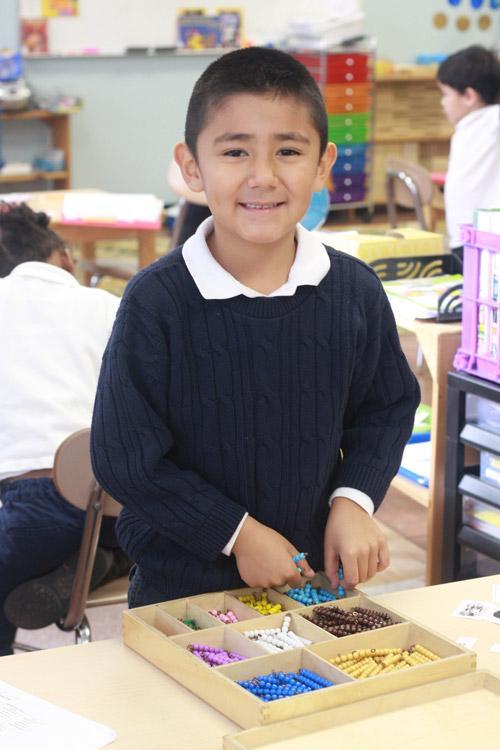
Is Montessori right for my child?
Montessori is about freedom within limits. Montessori environments encourage children to move about freely within reasonable limits of appropriate behavior. Children must be able to choose an activity, complete the work and put it away as they find it. Through this process, children develop a sense of responsibility. They learn to make decisions and care for their environment. This prepares children for independence and responsibility later in life.
Parents of Montessori students should be able to:
- Support their child and teacher in a non-traditional approach to learning
- Be willing to be active in the child’s education
- Be ready for their child to become independent and responsible for their actions
- Be willing to support classroom management that encourages freedom within limits
- Model grace and courtesy when interacting with others
Your child should be:
- An independent worker
- Able to accept responsibility
- Able to follow directions
- Able to focus on a task for a period to time and not be preoccupied with things going on around them
General Overview of Montessori Classrooms
Children’s House (Pre-K and Kindergarten)
- This is a period of connection with the world
- Classrooms are communities of children who are happily engaged in purposeful, orderly, and spontaneous activities
- Classrooms include math, language, sensorial, practical life and cultural areas
- Everything in the classroom environment serves the purpose of laying the foundation for the child’s physical, intellectual and emotional growth
- Special emphasis on connecting the child with nature and things that are real in the world
- Limited field trips such as bringing an expert or experience to the classroom
Lower and Upper Elementary (1st, 2nd, 3rd, 4th, and 5th Grade)
- Period of imagination, socialization and moral justice
- Integrated study of science, history, the arts, literature and world cultures that helps students gain skills in reading, writing, spelling and math
- Lower Elementary focuses on real-world applications of lessons
- Upper Elementary students explore more complex and abstract concepts which help with the passage from concrete to abstract thinking
- Inspired by stories, lessons and materials that seek to answer questions through reason and imagination
- Students work in partnerships and teams where they share struggles and success and learn to support, respect and depend on one another
- Much of the work is accomplished through large projects which require cooperation and planning and facilitate the integration of different subjects
- Students take field trips throughout the year as part of their learning experience and to foster community building
Middle Grades (6th, 7th, and 8th Grade)
- Integrated curriculum that includes formal instruction in Language Arts, Mathematics, Physical Education and Healthy Living, Science, Social Studies, Spanish and Technology
- Developed with the needs of the whole child in mind: intellectual, psychosocial/emotional and physical needs are considered
- Students are searching for more responsibility, higher expectations and challenging work as it relates to the world as they see it
- Curriculum is presented as a starting point from which students explore, create and make connections
- Casa middle grade students participate in on-site community service and a micro-economy (student-run business)
- Designed to bridge the gap from Montessori to traditional school. Casa students enter more traditional educational settings well-prepared for high school
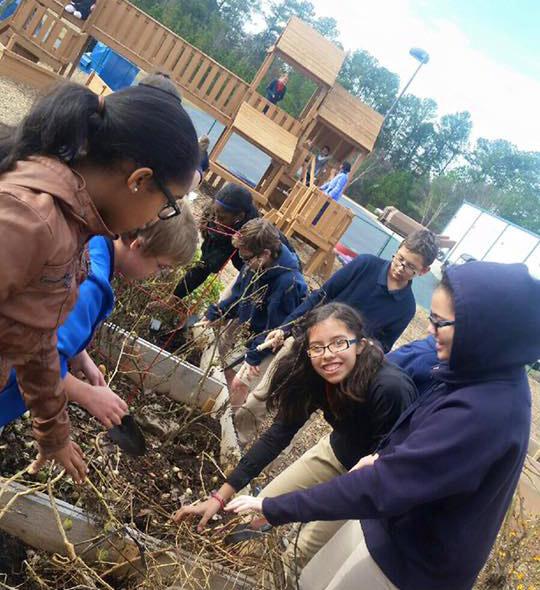
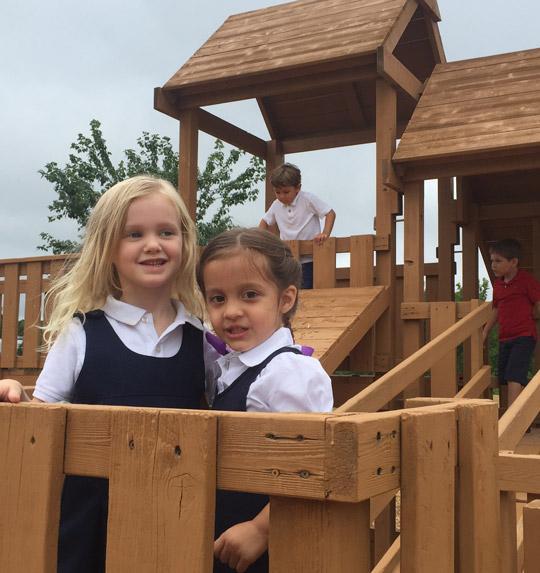
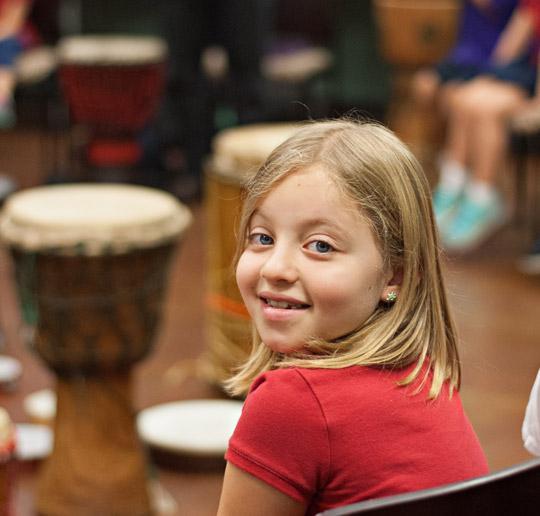
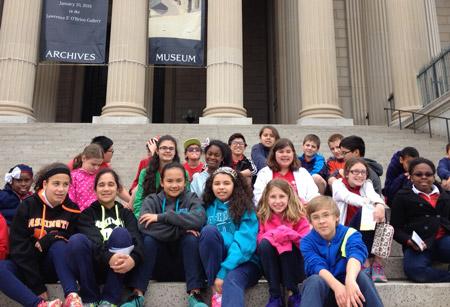
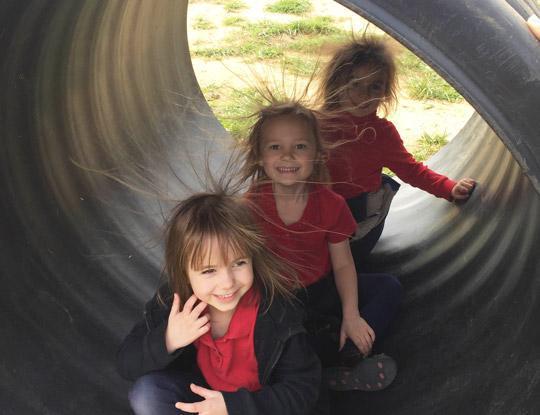
Why are field trips important to the Montessori experience?
Going on longer trips is a key component of Montessori academic and social experience. Students begin overnight field trips in the fourth grade. The goals of these trips are to:
- Enhance leadership and team-building skills, decision making, and communication and cooperation skills
- Provide a rich, curriculum-focused, first-hand experience of concepts covered in the classroom setting
Example of leadership and team building trips include: Betsy Jeff Penn, Camp Don Lee, Washington, D.C., Model United Nations (NYC), Kennedy Space Center, the historical city of St. Augustine, and Green River Preserve.
These longer trips all provide the much needed element of “bonding” as a community. The students live and work together for extended periods of time, which gives them the opportunity to forge strong working relationships with their peers while applying their community-learned skills in a real-life situation (practical life).



